Bananas are often touted as a “health” food, especially for active people on the go. This vegan, all-natural treat is believed to have originated over 10,000 years ago, with some scientists claiming they were the world’s first fruit.
They are extremely versatile and easy to digest, with their soft texture making them easy to eat for young babies as well as older populations who might have trouble chewing denser and tougher foods.
Bananas are widely available year-round and are one of the cheapest fruits that you can buy.
But is this fruit good for people living with diabetes? This article will outline the health benefits of bananas, the pros and cons of eating bananas if you have diabetes, and how (if at all) you should add bananas to your diet.
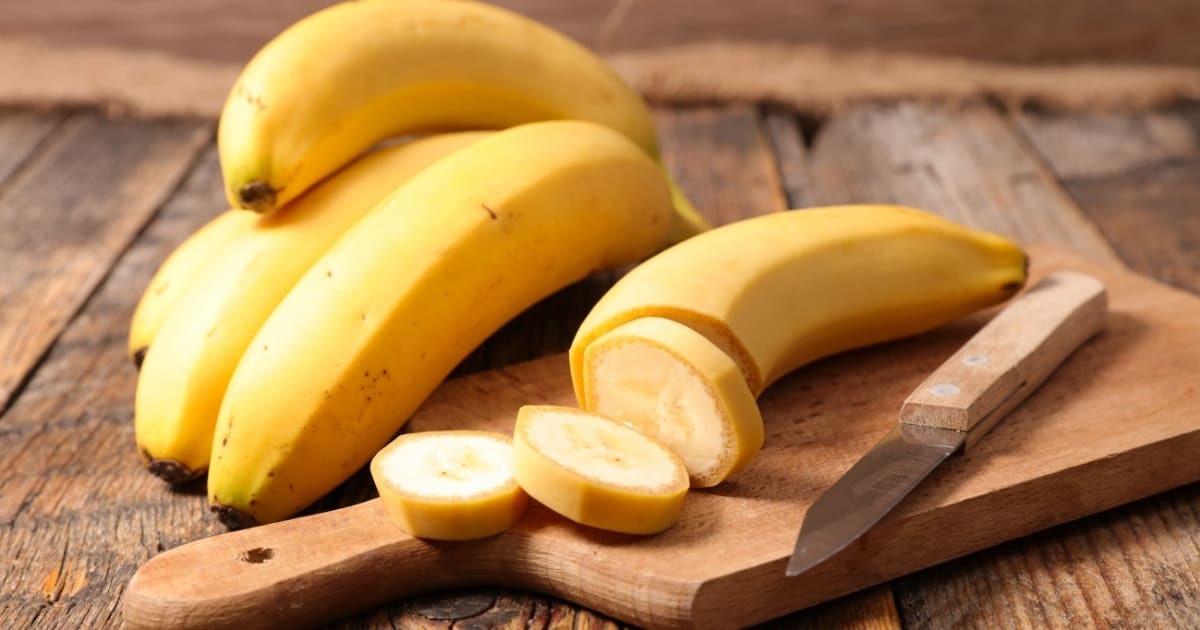
Table of Contents
What are the health benefits of bananas?
They may improve insulin sensitivity
While this is a controversial subject, studies have shown that eating 15-30 grams of resistant starch per day can improve insulin sensitivity by as much as 50% within four weeks!
Other sources of resistant starch include oats, rice, barley, beans, and legumes.
Unripe bananas have the most resistant starch, while sweeter, riper bananas have less resistant starch. For the best outcome, eat greener bananas for more of this beneficial starch.
They contain a lot of essential nutrients
Bananas offer a wide variety of health benefits. These fiber-filled treats (the typical banana contains 3 grams of fiber) contain lots of antioxidants, vitamins, and minerals, including:
- Potassium
- Vitamin B6
- Magnesium
- Copper
- Manganese
- Vitamin C
The antioxidants found in bananas include both dopamine and catechins, which help improve heart health and can help prevent both Alzheimer’s disease and osteoporosis.
The typical banana contains just over 100 calories, 24 grams of carbohydrates, and just over 1 gram of protein. Every banana contains a trace amount of fat (<1 gram).
They improve digestion
Bananas have a good amount of fiber, with an average of 3 grams per serving. That can help to improve your digestion and keep you regular.
Some studies have even linked the pectin found in bananas to the prevention of colon cancer!
They can treat muscle aches and soreness
Eating bananas before and/or after exercise may help prevent and treat muscle soreness and cramps. This is due to the high water and vitamin content of the fruit.
Even if you don’t suffer from muscle cramps or soreness, eating bananas before, during, or after exercise is a great, all-natural way to refuel from or prepare for your workout!
Bananas can also serve as an excellent pre-workout snack to boost your blood sugar up or can work well as an on-the-go low snack for post-workout hypoglycemic episodes.
They promote heart health
The vitamins and minerals abundant in bananas also protect one’s heart. With nearly 120 grams of potassium per serving (9% of one’s daily needs), bananas are the perfect snack to help control high blood pressure.
Studies have shown that people who have potassium-rich diets can lower their risk for heart disease by up to 27%!
Additionally, the high amount of magnesium found in bananas is also protective of heart health, with studies showing that magnesium deficiency is correlated with hypertension, type 2 diabetes, and hyperlipidemia (high cholesterol).
They promote kidney health
All that potassium can also improve kidney health. One 13-year longitudinal study in Sweden found that women who ate between 2-3 bananas per week were a third less likely to develop kidney disease than the control group!
And the more the merrier: additional studies show that people who consume bananas between 4-6 times per week can lower their risk for kidney disease by up to 50%!
Bananas have staying power
When you opt for this nutrient-dense, fiber-filled treat, you stay fuller for longer. Instead of eating a sweet treat like a candy bar or cookie, adding a banana to your breakfast will keep you sated, and can possibly aid in weight loss.
Additionally, both the resistant starch and pectin have appetite-suppressing effects, further evidence for adding this delicious treat to your diet if you’re looking to lose a few pounds.
Green bananas can help moderate blood sugar levels
Unripe (green) bananas not only contain fewer carbohydrates, but they also have a high amount of resistant starch that acts as a soluble fiber, escaping digestion in the body.
This, combined with the fruit’s naturally high levels of pectin (another type of fruit fiber), helps to prevent blood sugar spikes after consumption and also keeps you fuller for longer, helping you to crave fewer sweets and helping to keep blood sugar levels on track.
Additionally, unripe bananas rank fairly low on the Glycemic Index (GI) scale, coming in at about a 30 on the 0-100 scale.
The GI index measures how quickly a food will spike someone’s blood sugar, so this is a great number to have. The riper the banana, the higher the GI number will be, with the average ripe banana coming in at 51.
The downside of eating bananas
Bananas seem like the perfect food, right? Well, some people may struggle with eating bananas, especially if they live with diabetes.
The following are some things you need to be careful of if you choose to incorporate bananas into your diet.
They may cause digestive issues
While pectin and resistant starch are excellent ways to bulk up your diet with fiber and keep you regular, eating too many bananas, or having too much fiber in your diet, has the potential to cause digestive problems, including upset stomach, nausea, vomiting, bloating, and gas.
In excessive consumption, too much fiber can cause absorption issues for other much-needed vitamins like calcium and iron.
They contain all carbohydrates with no protein or fat
People with diabetes need to eat a balanced diet, and that includes all of the macronutrients: carbohydrates, fat, and protein. Eating too many bananas can upset this balance, and you may see blood sugar swings as a result.
It’s important to eat bananas with something, to help mitigate potential blood sugar swings. Thinking about adding some healthy fats and protein in the form of a scoop of peanut butter or a glass of milk with your banana can go a long way to a more balanced snack.
They may cause weight gain
Not only are bananas higher in carbohydrates than other fruits such as berries, tomatoes, coconuts, or avocados, but they also have a hefty number of calories as well.
A typical banana has around 100 calories, so eating bananas in excess can really add up and may cause weight gain.
Always work with your doctor and/or nutritionist to develop a balanced eating plan that will work for you.
They may cause cavities
All that sweetness can have a downside. Even though the sugars in bananas are completely natural, they can still be damaging to your teeth and gums.
Be careful about eating bananas right before bedtime, and make sure to always brush and floss your teeth properly to prevent cavities and gum disease!
Also, the natural acids found in bananas can wear away at tooth enamel, further damaging your teeth over time. Ask your dentist about maintaining your dental health if you love to indulge in bananas and other sweet fruits often.
They can make you sleepy
Bananas contain tryptophan, an amino acid that is well-known to aid in sleep. Tryptophan is also found in foods such as turkey, cherries, milk, canned tuna, oats, cheese, and nuts.
Additionally, the high carbohydrate content of bananas can block amino acids from entering the brain, so the tryptophan found in them may also trigger a release of serotonin, which also aids in sleep.
Magnesium, which also acts as a natural muscle relaxant, also helps in this process. This can be good or bad; if you struggle with insomnia, enjoying a banana with a glass of warm milk before bed may be beneficial for you, but if you choose to have a banana with your cereal in the morning at breakfast, you may not receive the get-up-and-go energy that you’re seeking.
The higher carbohydrate count in bananas can also cause hyperglycemia, or high blood sugar, making you sleepy, tired, and just plain lethargic.

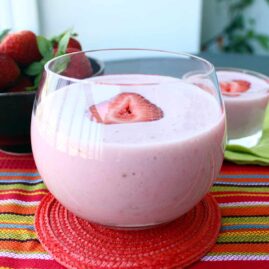

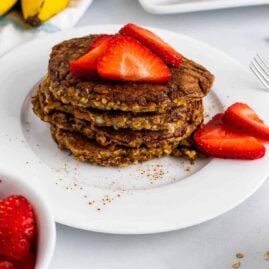
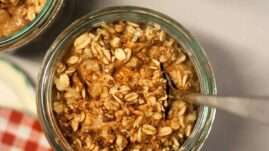

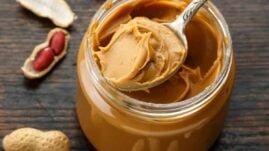
Dave
Been insulin dependent for 63 years. Have always used bananas to treat low BS events, I find 1 banana generally balances me back into a normal range, and keeps me there for several hours.
Ann
I’m a new diabetic (2). Just getting used to new patterns and habits. I’m thrilled to keep eating bananas, but I can’t eat unripe ones. I have a pretty bad allergic reaction. I can eat ripe ones, however.
Amresh Singh
whenever I eat bananas my sugar level becomes ok. what could be the reason? I am diabetic and in eating bananas I feel good.
Christel Oerum
If you don’t take insulin my guess is that your body produces enough insulin to handle the carbs, and that’s great!
Rahul Saxena
Amazing blog. Banans are really good for our health. Very well written, you described everthing. it has plenty of vitamins, minerals, fiber, and antioxidants. They are cheap and widely available.
Can you write about aloe vera also.
Keep writing. Will wait for another blog
Michael
Banana is NO good for me since it is very easy to spike up my blood sugar level.